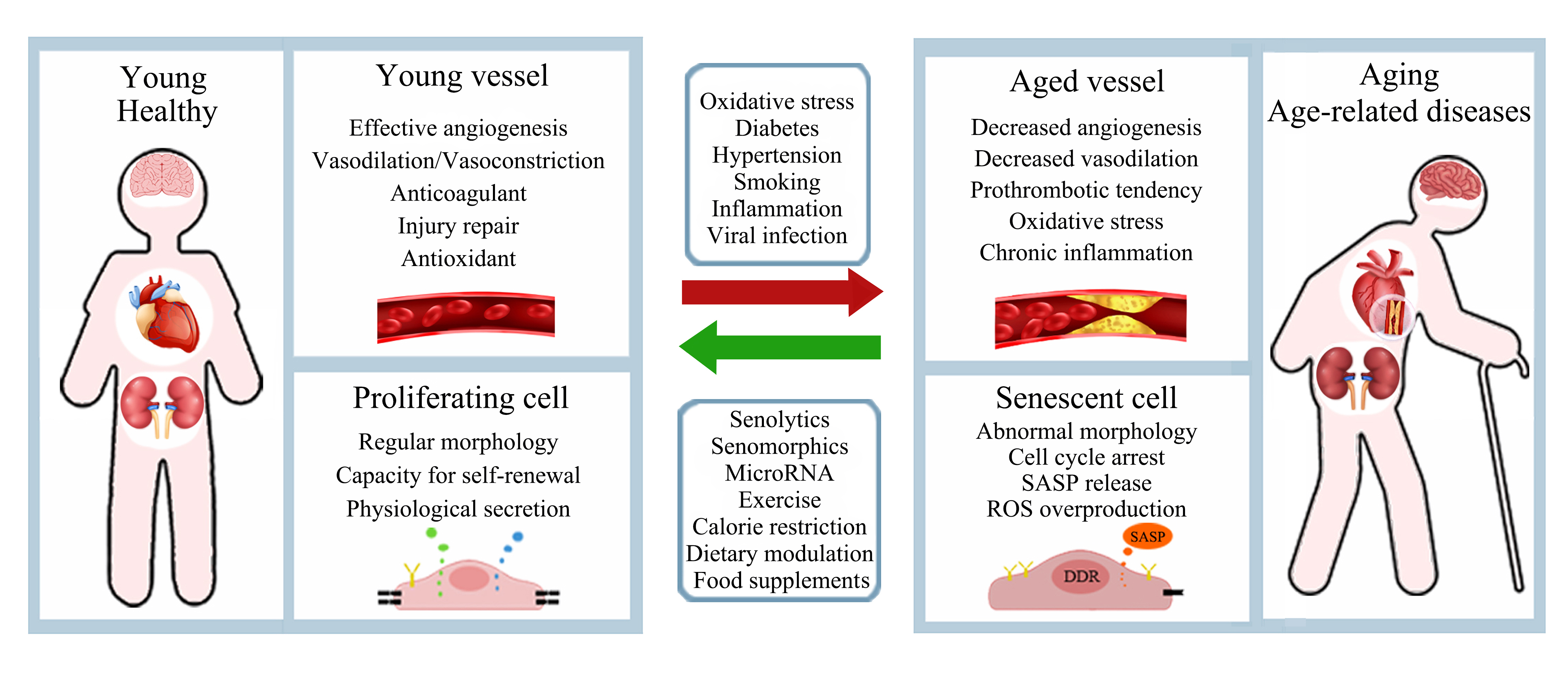All Categories
Featured
Table of Contents
To live a lengthy life is one thing. To live a lengthy life in great health is another.
Today, Americans live dramatically much longer, with the ordinary life expectancy getting to 76.4 years as of the newest CDC data. With developments in medical treatment, public wellness, and way of living understanding, several people are living past 85, and centenarians, the population aged 100 and older, are one of the fastest-growing age groups in the U.S.This naturally increases the concern: is it genuinely possible to raise your very own longevity?

Sign up with a belief or mindfulness-based community.: This decreases stress pens and boosts heart wellness. Use journaling, therapy, or representation to release resentment.: It adds up to 10 years to life expectations.
This challenges the popular misconception that only extreme or extended workouts matter. In truth, even small yet regular activitysuch as brisk strolling, cycling, or home chores - can substantially minimize the danger of premature death. One more misconception is that way too much workout might harm wellness; nonetheless, the study shows no adverse effects also at high once a week quantities of exercise.
Are there drug-free options for High Blood Pressure using science-backed wellness?
Also making dietary modifications later on in life, such as in the 60s, can still give substantial gains, adding an approximated 8 years of life for ladies and 9 years for men. This evidence challenges the misconception that nutritional adjustments only make a difference when made at a young age. In truth, individuals at any type of phase of their adult years can experience measurable benefits from boosting their diet regimen.
This finding resolves the misconception that hydration just matters during physical activity or in warm environments. Keeping ample hydration on a daily basis, no matter of physical exertion, is essential for long life and illness prevention.
The suggested sleep period for adults is 7 to 9 hours per evening, but it is the depth and connection of sleep that the majority of strongly affect long life. Investing in peaceful, uninterrupted rest is an essential habit for expanding both life expectancy and healthspan. When consumed in moderation, alcohol might use some wellness benefits associated with longevity, especially in cardiovascular health and wellness and swelling control.
These cardiovascular modifications accelerate biological aging and minimize life expectancy. This tests the typical belief that opioids are a safe long-lasting service for persistent pain. While they may provide short-term relief, their extended use can result in significant health complications, including enhanced mortality risk from both cardio and non-cardiovascular reasons. There are a number of practical options for managing discomfort while preventing opioids.
Preventive strategies against Osteoporosis long-term
Individuals with persistent bone and joint pain might benefit from physical therapy, acupuncture, or cognitive behavior modification. For those currently suggested opioids, teaming up with a healthcare provider to taper securely and discover non-opioid approaches is crucial. Avoiding opioid-related harm also consists of correct disposal of extra medications and open interaction with medical care professionals.

The research highlights that long-lived people have a tendency to have reduced oxidative anxiety pens, which are typically gotten worse by persistent emotional tension. This link recommends that minimizing stress and anxiety not only improves top quality of life yet may additionally delay age-related degeneration and extend life-span. This evidence tests the belief that stress and anxiety is simply a psychological or emotional concern.
In truth, favorable mental behaviors can be developed over time and have quantifiable effects on long-lasting health and wellness. An older adult may profit from recalling significant life events or concentrating on hobbies that bring pleasure.
The belief that emotional well-being is second to physical health and wellness is dated. Research now shows that sustained emotional equilibrium can be an active vehicle driver of long-term vitality.
Safe exercises to improve Hearing Loss long-term

Self-compassion, conscious reflection, and regular link with others are also proven ways to strengthen emotional health. Joy is not concerning constant pleasure. It has to do with intentionally participating in life in such a way that fosters tranquility, purpose, and connection. Gradually, these interior habits lay the structure for lasting well-being and long life.
Latest Posts
Empowered living for Arthritis Pain without heavy medication
Breakthrough support for Senior Nutrition using lifestyle change
Empowered living for Anti-aging Strategies using lifestyle change